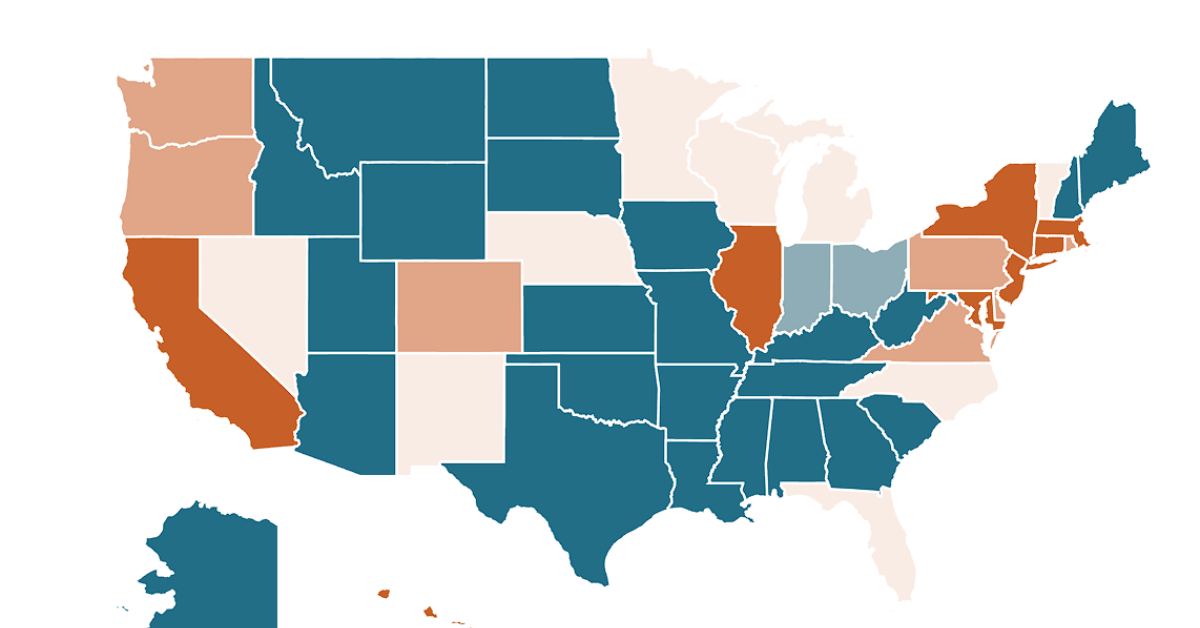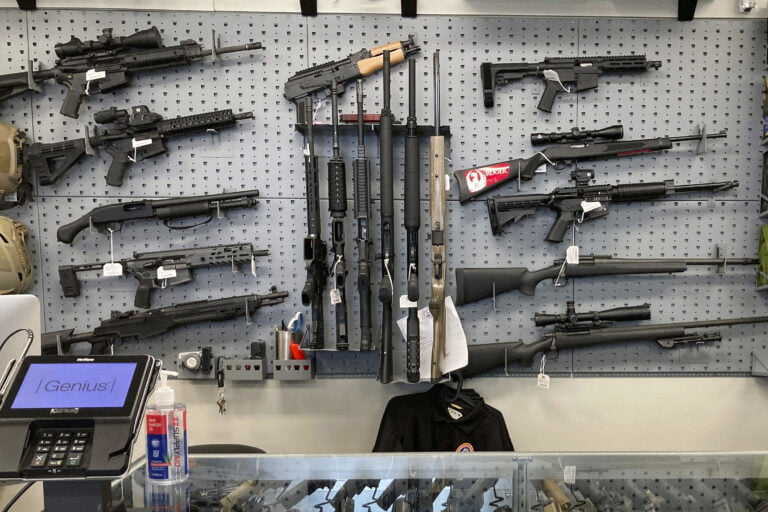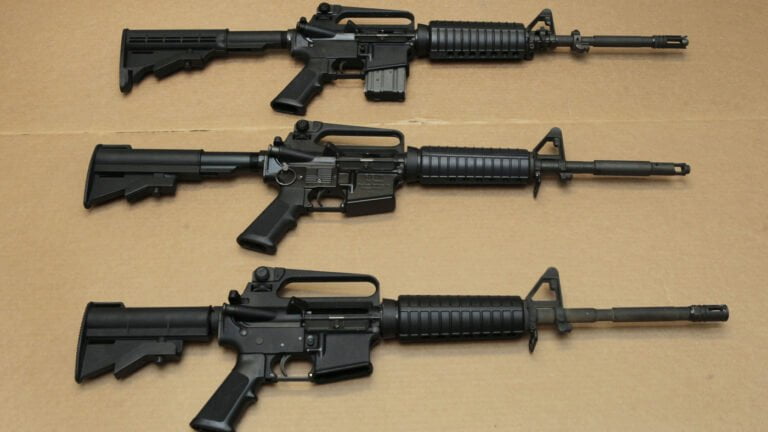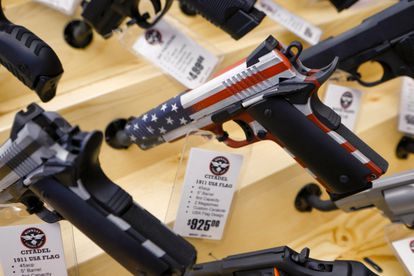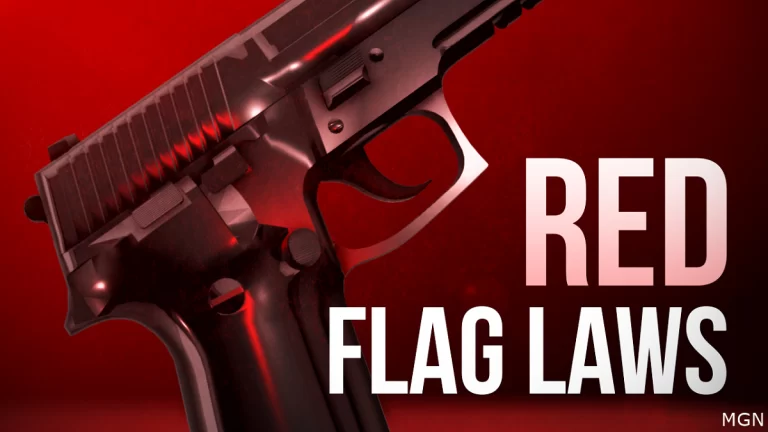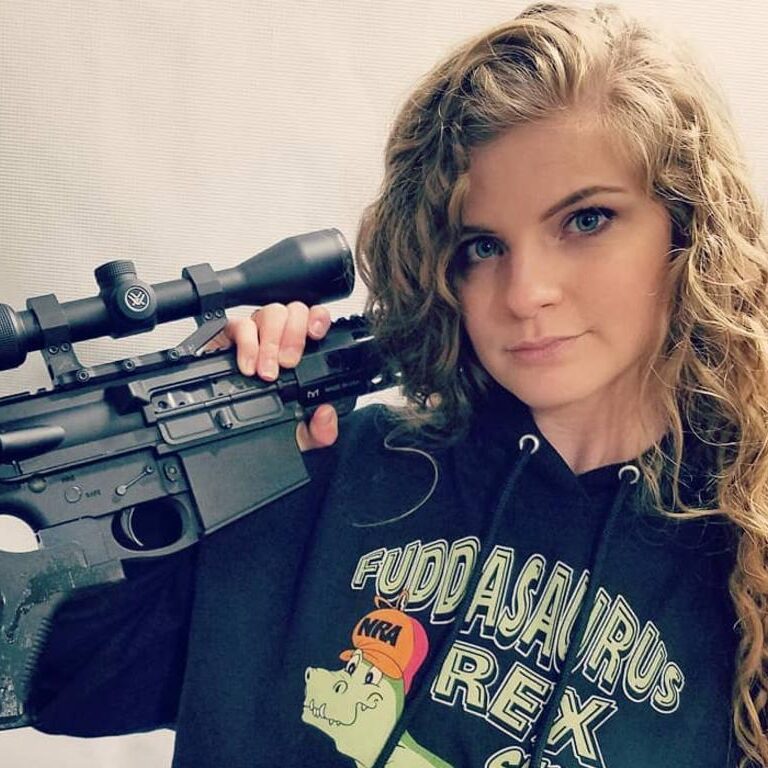States With Strictest Gun Laws
The Second Amendment of the United States Constitution grants individuals the right to bear arms. However, the interpretation and implementation of this right vary widely among different states. Some states have enacted stringent laws to regulate the possession, purchase, and use of firearms to address gun violence and enhance public safety.
Criteria Considered for Ranking:
May Carry Vs Shall Carry:
One of the essential factors for evaluating a state’s gun laws is its approach to issuing gun permits. States typically follow two main policies: May Carry and Shall Carry.
- May Carry states give authorities significant discretion in issuing gun permits. Even if an individual meets all requirements, the state may choose to deny the permit based on their discretion.
- Shall Carry states require authorities to issue gun permits to individuals who meet all the necessary requirements. There is no room for discretion, and the individual has the right to challenge the system if their application is denied.
Age Restriction:
The minimum age for firearm possession varies among states. Some states allow possession at eighteen years old, while others set the age limit at twenty-one. This age restriction not only applies to firearm possession but also to gun permit applications and firearm transfers between individuals.
Permit Restrictions:
States with strict gun laws often impose restrictions on who can apply for gun permits. Individuals with certain backgrounds, such as sex offenders, domestic violence offenders, or those with previous felony convictions, are usually prohibited from obtaining permits.
Top 10 States with Strictest Gun Laws & Why:
- California: California has enacted some of the most stringent gun laws in the country to address its recurring gun violence. The state has banned high-capacity magazines and assault weapons. Certain individuals considered high-risk and those convicted of domestic violence are prohibited from purchasing firearms. Background checks are mandatory for all firearm purchases.
- New Jersey: New Jersey is known for its progressive approach to gun control and safety. The state requires a permit for firearm possession, which is not recognized by permits issued by other states. The decision to issue a permit rests with local law enforcement, and background checks are mandatory for all applicants.
- Connecticut: Following the tragic mass shooting at Sandy Hook Elementary School in 2012, Connecticut implemented significant changes to its gun laws. While open carry is still allowed, the state prohibits the possession and purchase of assault weapons. Gun permits are issued at the discretion of the Department of Emergency Service and Public Protection.
- New York: New York prohibits the possession and sale of assault firearms and restricts semi-automatic firearms to magazines holding no more than 10 rounds. Applicants for firearm permits must be at least 21 years old, and the state issues permits based on discretion at the local county level.
- Hawaii: Hawaii follows a May Carry policy for firearm possession, where applicants must provide valid reasons for owning a firearm. The sheriff’s office in each county accepts or denies applications based on discretion. The minimum age for firearm possession is twenty-one, and possession without a permit is charged as a Class B felony.
- Maryland: Maryland constantly reviews its firearm regulations, leading to some of the strictest gun laws in the country. The state requires a permit for both open and concealed carry and certain areas have restrictions on firearm possession. Applicants must complete at least 16 hours of firearm training before obtaining a permit.
- Massachusetts: Massachusetts has managed to maintain a low gun death rate through its strict gun laws. The state follows a May Carry policy for issuing permits, giving authorities the discretion to approve or deny applications. Applicants must be at least twenty-one years old and undergo firearm training before obtaining a permit.
- Illinois: Illinois requires applicants to meet specific criteria before obtaining a firearm permit. The state prohibits open carry but allows concealed carry with a permit. Firearms such as machine guns and assault weapons are banned, and applicants must complete state-licensed firearm training.
- Rhode Island: Rhode Island follows a May issue policy for issuing firearm licenses. Non-residents can apply for a permit, provided they have a permit issued from their state of residence. Applicants must be at least twenty-one years old and have three references supporting their reasons for owning a firearm.
- Washington DC: Washington DC mandates a gun license for both concealed and open carry. Applicants must meet specific requirements, including a criminal record background check. The minimum age for firearm possession is twenty-one, and certain restrictions apply to the transfer, assembling, and manufacturing of firearms.
Conclusion:
Different states in the USA have varying approaches to gun control, leading to a diverse range of gun laws. The top 10 states with the strictest gun laws, including California, New Jersey, and Connecticut, have implemented stringent measures to enhance public safety and reduce gun-related violence.
FAQs:
- Are gun laws in the USA consistent across all states? No, gun laws in the USA vary significantly from state to state. Each state has the authority to enact its own gun regulations, leading to differences in policies and requirements.
- What is the difference between May Carry and Shall Carry states? In May Carry states, authorities have discretion in issuing gun permits, while in Shall Carry states, permits must be issued to individuals who meet all the necessary requirements.
- Can non-residents possess firearms in states with strict gun laws? In many states with strict gun laws, non-residents are not allowed to possess firearms without a permit issued by their state of residence.
- What are some common criteria for obtaining a gun permit? Common criteria for obtaining a gun permit include passing a background check, completing firearm training, and meeting the minimum age requirement.
- Can individuals challenge the denial of a gun permit in Shall Carry states? Yes, individuals can challenge the denial of a gun permit in Shall Carry states, as long as they meet all the necessary requirements for obtaining a permit.
